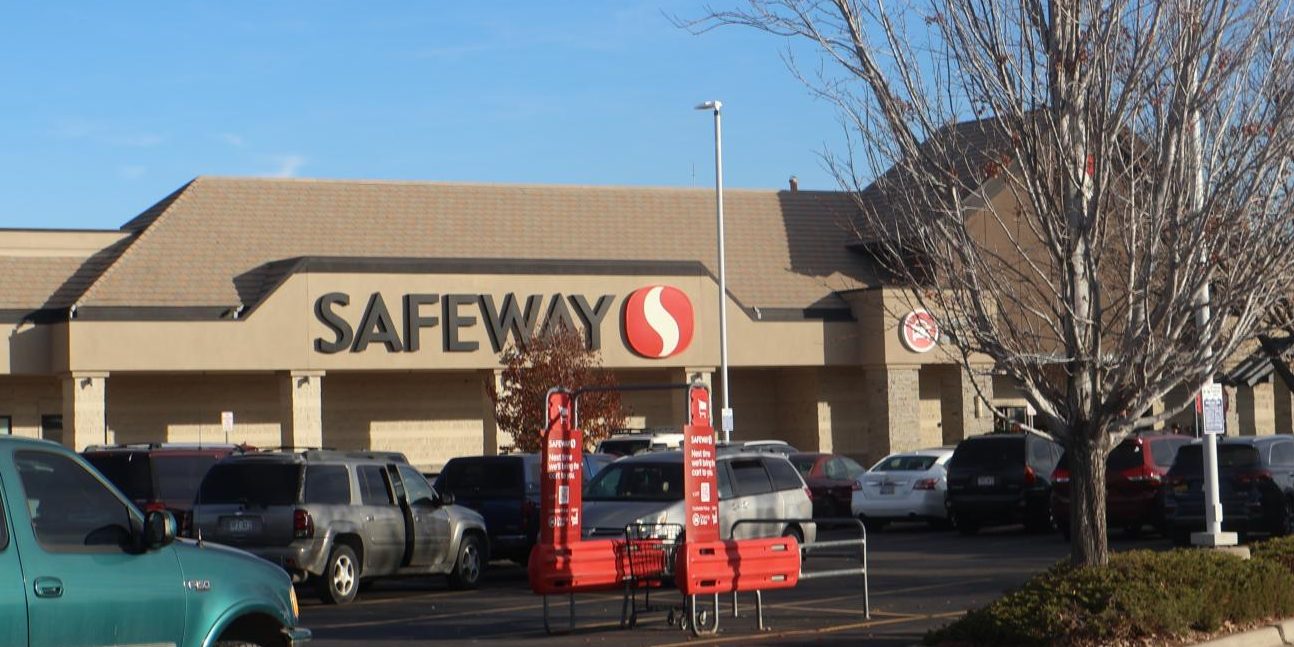
Firestone’s Safeway May Not Be Safe
The bell rings for lunch, and sophomore Hazel McIver Oun heads out. She gets together with her boyfriend Jayden Grigg so they can drive over to Safeway for a bite to eat. It’s closer than everywhere else, so they have time to walk around to find something to eat without feeling rushed. Some days, they pick sushi, and on other days, chicken. Today, they select a deli sandwich. They pay for their meal, grab something to drink from the Starbucks inside the store, and make it back to the school in time for class without needing to rush or break the speed limit.
McIver Oun said, “I really like going to Safeway for lunch because I have more options on what to eat and it’s nearby.”
However, the local Safeway might not be safe from closing.
Kroger, the multinational grocery conglomerate that owns King Soopers and City Market, is looking to add Albertsons stores to its already large stable. First announced in 2022, this $24.6 billion merger would join the two of the biggest grocery chains in the United States. If the merger goes through, Kroger will acquire Albertsons (the company that owns Safeway) to form a powerhouse with around 5,000 locations nationwide in the largest supermarket merger in US history.
So where does that leave Safeway? Once merged, the new Kroger-Albertsons company would sell off hundreds of Safeway locations to C&S Wholesale. Almost every Safeway store in Colorado would be sold to C&S, including the Safeway at 8134 Colorado Blvd. C&S would keep the Safeway name while all Albertsons stores would become King Soopers stores. Since food prices at Safeway and Albertson stores are 10%-12% higher than prices at King Soopers, both Kroger and Albertsons are investing $1 billion to lower prices in the Albertsons-turned-Kroger stores to equalize prices between all Kroger locations.
This may be great for Colorado shoppers who go to Albertsons, but what about Safeway shoppers? The outlook is unclear, particularly because C&S is not a big player in the grocery store business and has only recently entered the world of retail grocery sales (they primarily are a food processor and distributor that acts as a middleman between farm and grocery store). C&S currently only owns two major chains: Grand Union and Piggly Wiggly (though the latter is only quasi-ownership: while C&S owns the Piggly Wiggly brand, all but two dozen stores are franchises run as independent retailers).
Texas Real Food, a not-for-profit directory for Texas grocers and restaurants, has observed that prices are higher at Piggly Wiggly (a chain currently owned by C&S) than Safeway. While this isn’t a guarantee that Safeway’s prices would rise under C&S, the conventional business wisdom that prices go down when a business gets bigger (which is how Kroger justifies its predicted drop in prices after the merger) doesn’t necessarily apply—C&S is already a full-scale food distributor, so their core business would not increase efficiency or add key resources after the merger. The opposite would actually happen: C&S would be spending more money and devoting more resources to run hundreds of existing stores and pay thousands of existing workers.
Ideally, the new Safeway stores would make up for this loss and ideally turn a profit. While Safeway stores do make a profit, the profit margin of their stores has been dropping steadily for the past ten years, and they currently operate at a 1.25% profit margin, which is on the lower end of what is average for grocers. Since businesses don’t like losing money, C&S would have two solutions to their problem: raise prices on consumers and cut business costs.
The second solution would result in C&S reducing the availability of certain products, closing low-performing stores, and firing workers. Grocery unions are worried that this will happen with Colorado Safeway stores because C&S has a history of selling off low-performing locations and laying off workers. Given that C&S CEO Eric Winn has claimed that Kroger and Albertsons are giving C&S only the low-performing stores, this doesn’t bode well for any location sold to C&S.
If Safeway gets new management on the grocery side of things, not every student thinks this would be a big deal. Junior Celeste Rabbit said, “I go to Safeway like once a week, but I don’t really get much food. I only really get an Arizona Tea since it’s only a dollar. Besides, the new King Soopers near the school will be built, even if it’s after I graduate.”
However, tones change when students realize that the Starbucks kiosk inside the Safeway has a business deal with Albertson’s, not C&S. If C&S takes over the Frederick Safeway, students would have to go to 52 & I-25 or the King Soopers in Firestone for their frappachino fix. While C&S could partner with Starbucks and keep the nearby coffee spot, news that Safeway locations across the country are removing their Starbucks kiosks in preparation for the merger isn’t a good sign that Starbucks would stay.
Not only would consumers be affected by the sale, but those working at Safeway would also face new challenges. Grocery unions that are opposing this merger aren’t just worried about losing their jobs—they are worried about their current jobs getting worse. The Federal Trade Commission has said in court that C&S “has a poor record of operating supermarkets,” and job review sites like GlassDoor are filled with complaints of bad management by former C&S workers. Moreover, C&S is a privately held firm unlike the public Kroger and Albertsons, so the new company would have an easier time resisting union demands or even dissolving the worker’s union.
Things may not go down a bad path for the divested Safeway stores. As part of the merger, Albertsons Chief Operating Officer Susan Morris would become the president and CEO of the C&S retail division. With an experienced grocery chain operator at the helm, C&S may avoid some of its past mistakes and be a good employer. But the current employees of Safeway don’t want to take any chances.
Grocery workers are also concerned that the King Soopers side of the Kroger-Albertsons merger would be bad. While the companies have promised lower prices in the immediate future, the company could then raise prices across the state. This would hurt smaller Colorado communities that would lose their Albertsons and have only one choice of grocery store—without competition, customers would have to pay any inflated price. Kroger’s pricing formula already charges mountain towns more for the same products sold on the Front Range, so elevated pricing wouldn’t be out of character for King Soopers.
Kroger and Albertsons are already aware that their merger could create an anti-competitive environment—their whole reason for selling the Safeway stores to C&S is to prevent market monopolization. However, industry watchdogs say that selling off some stores isn’t enough. These skeptics include Colorado Attorney General Phil Weiser, who has brought an antitrust suit against Kroger and Albertsons to block a merger.
In September, Weiser said, “This merger would concentrate a market and create a mega grocery store that would be able to raise prices, have less variety, have fewer stores, offer less local food, less customer service. These two chains monitor each other’s prices, and when there’s a lack of competition, prices go up.”
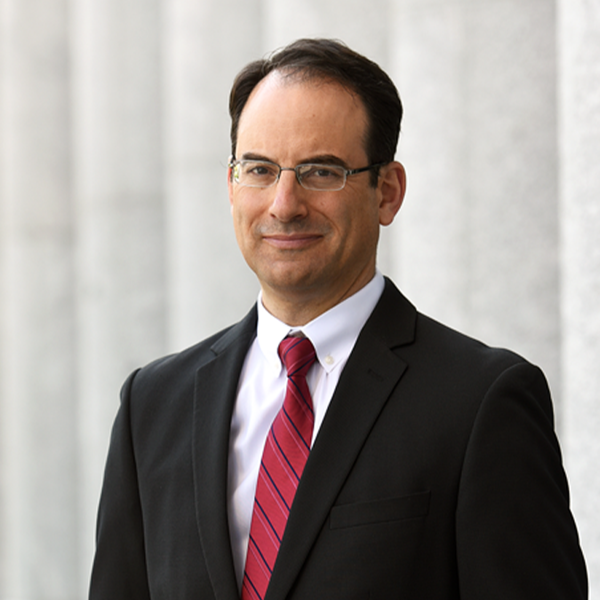
To this end, Kroger and Albertsons appeared in a Denver courtroom in late October to argue their case to be allowed to merge before a judge. According to Kroger’s lawyer, the main competition to King Soopers and City Market is not Albertsons but Walmart, Costco, Amazon, and Target. Lawyers for the AG argued that broad industry competition isn’t the same as local competition.
“If Kroger no longer has to worry about Albertsons beating them on promotional prices, they don’t have to go so low on promotional prices,” attorney Glenn Pomerantz argued in a Washington hearing that came a month before the Denver one. “If Kroger no longer has to worry about Albertsons’ e-commerce pickup time, then it doesn’t matter so much whether their pickup time is four hours or two hours.”
Albertsons, on the other hand, argued that they may not stay in business without the merger. According to their lawyers, Safeway would need to spend millions in e-commerce investments, delivery infrastructure, and raise prices. If true, Firestone may lose its Safeway either way. Colorado’s attorneys countered this by pointing out that Albertsons paid a $4 billion bonus dividend to their shareholders last year, which indicates strong profits.
It’s unclear when Denver’s District Court will rule on whether or not the merger may go through. There are also cases that have finished arguments against the merger in Washington and Oregon, so Denver Judge Andrew Luxen may wait to see what the other two courts decide. Another factor is the recent election: while the Biden administration was part of the effort to stop the merger, the incoming Trump administration is expected to greenlight the merger.
Regardless of whether Safeway sells to C&S or not, students don’t want to see their local grocery store go.
“I go to Safeway a lot, and I would honestly be sad if it were replaced because it’s my main grocery store,” said junior Ethan White. “The food (in my opinion) is decently expensive, and I feel if they dropped prices, some more people would shop there.”


-
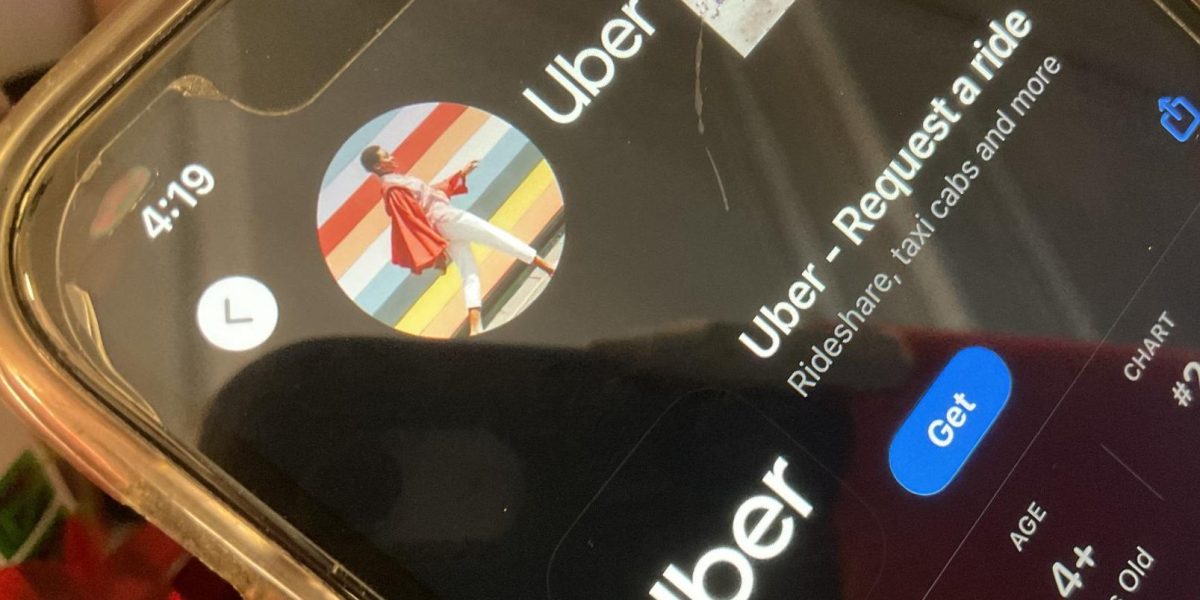 NewsRide or Goodbye, Colorado
NewsRide or Goodbye, Colorado -
 NewsThe Rise and Fall of Snapchat
NewsThe Rise and Fall of Snapchat -
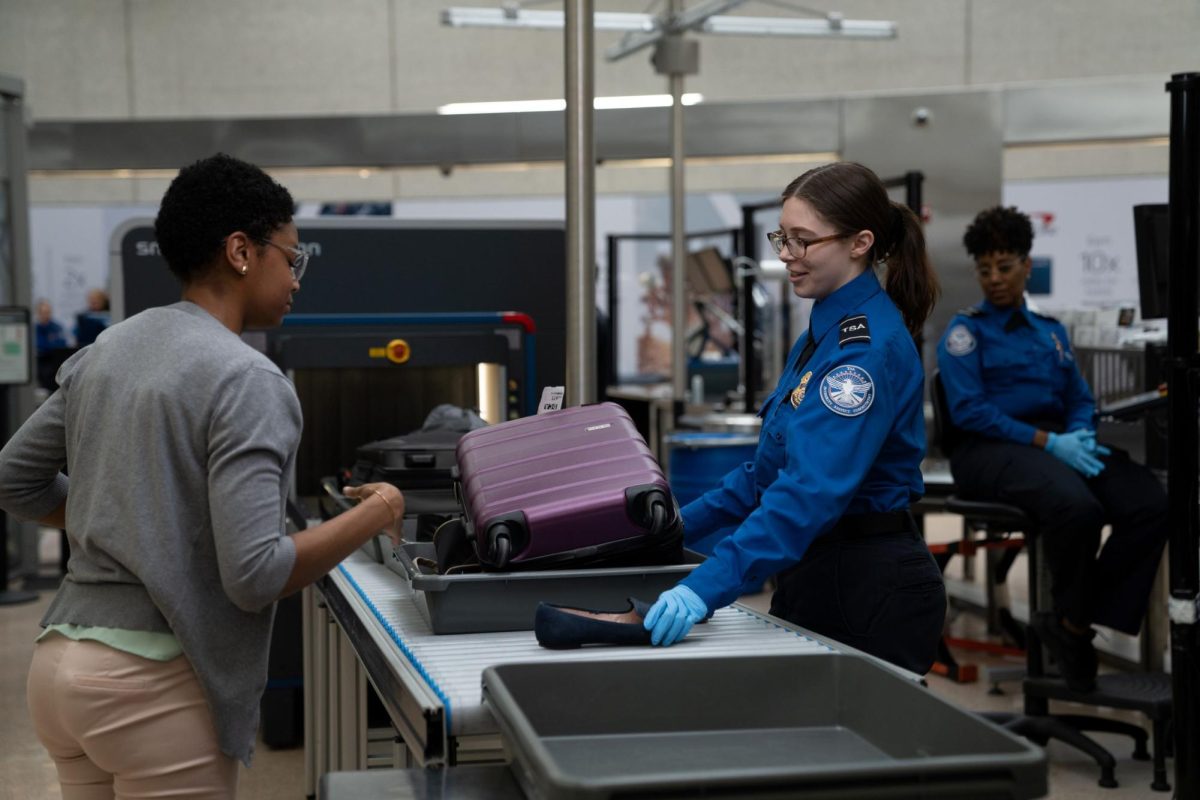 NewsReal ID Now Required for All US Flights
NewsReal ID Now Required for All US Flights -
 NewsConclave Elects an American as Pope
NewsConclave Elects an American as Pope -
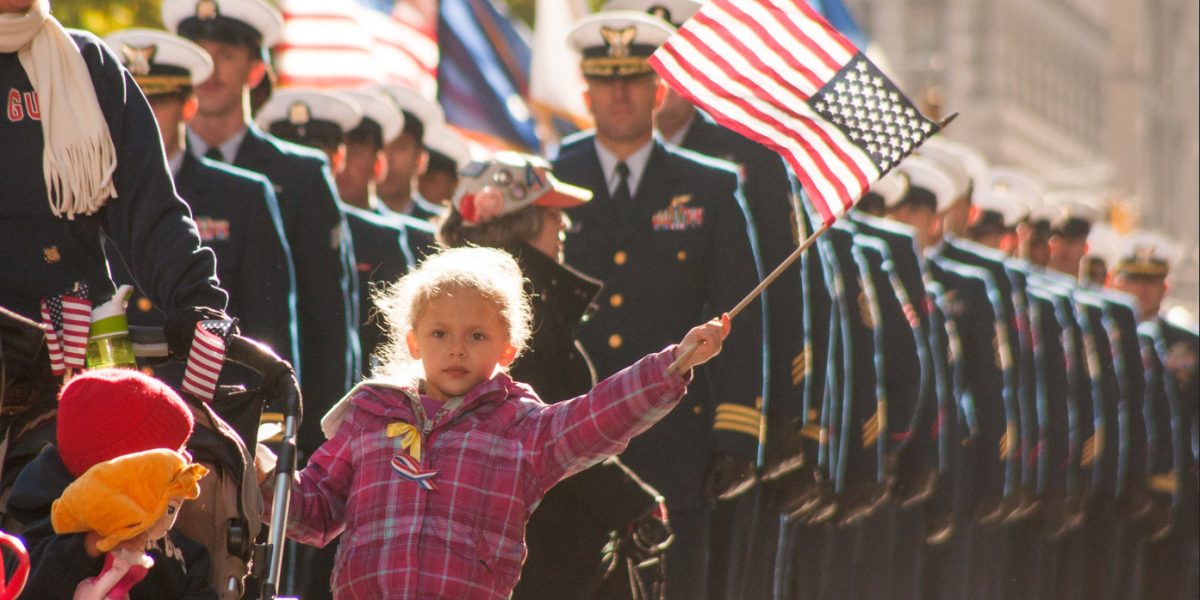 NewsTrump Wants to Rebrand Veterans Day
NewsTrump Wants to Rebrand Veterans Day -
 NewsThe Menendez Brothers' Potential Resentencing
NewsThe Menendez Brothers' Potential Resentencing -
 NewsStar's Cause of Death was Diabetes
NewsStar's Cause of Death was Diabetes -
 NewsGM Recalls Thousands of Cars
NewsGM Recalls Thousands of Cars -
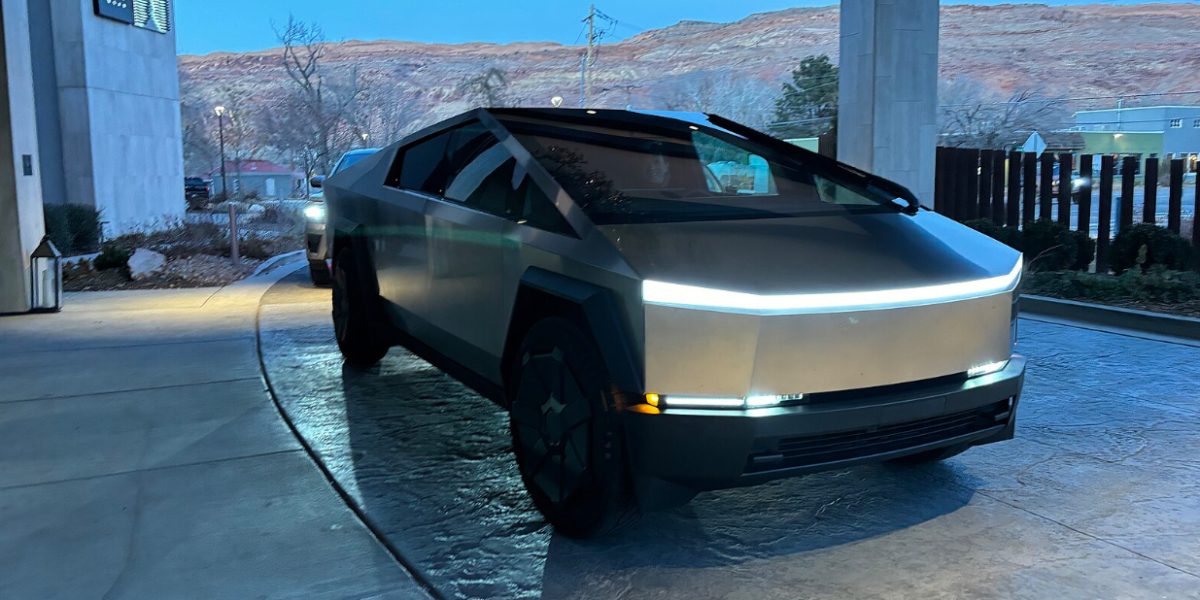 NewsCybertruck Recalls Shock the Road
NewsCybertruck Recalls Shock the Road -
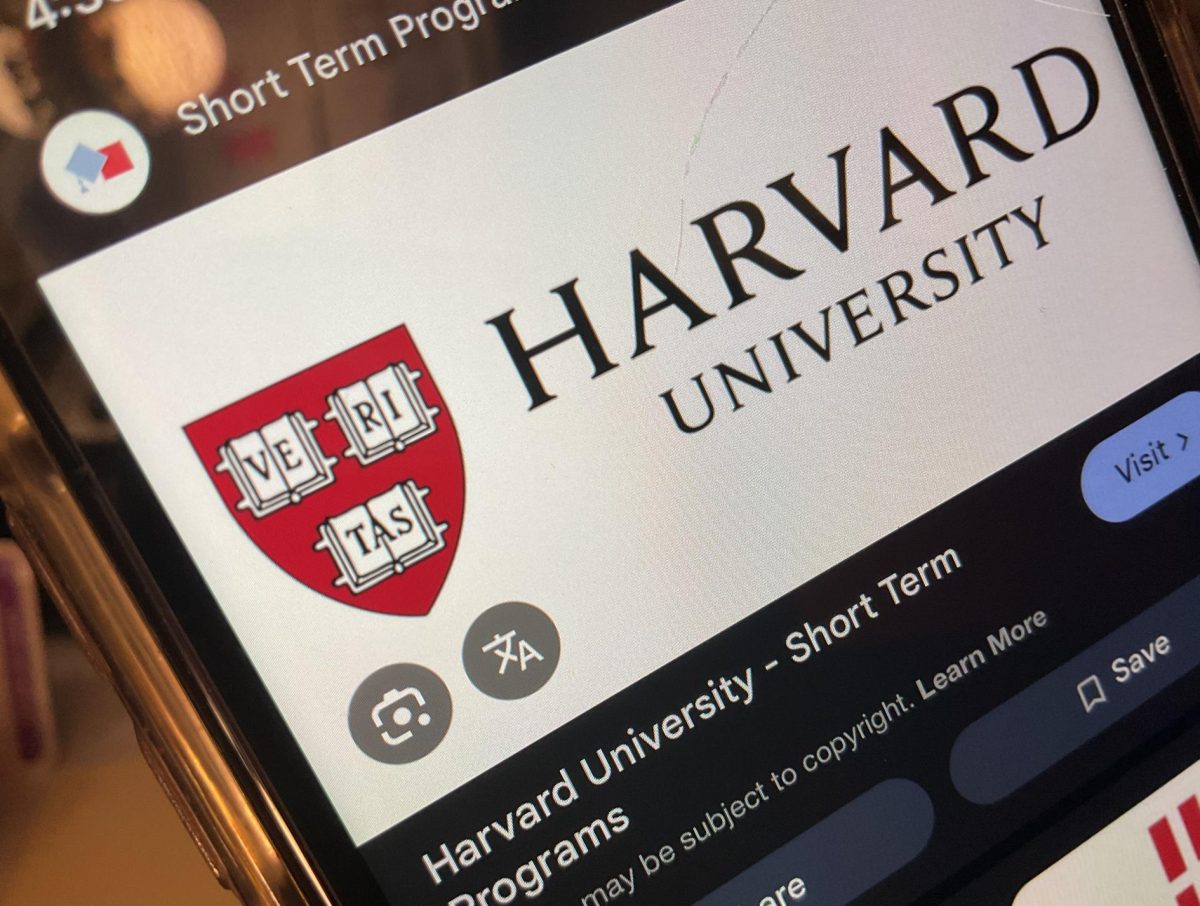 NewsNew Gov Policies Put College Foreign Partnerships at Risk
NewsNew Gov Policies Put College Foreign Partnerships at Risk


Shirley Schissler • Nov 22, 2024 at 10:15 am
In all of this Nowhere is there anything speaking for the retirees on their pension? I heard our pension could all go away because of this merger or it will be cut in half. I don’t know why they’re not looking at any of that.